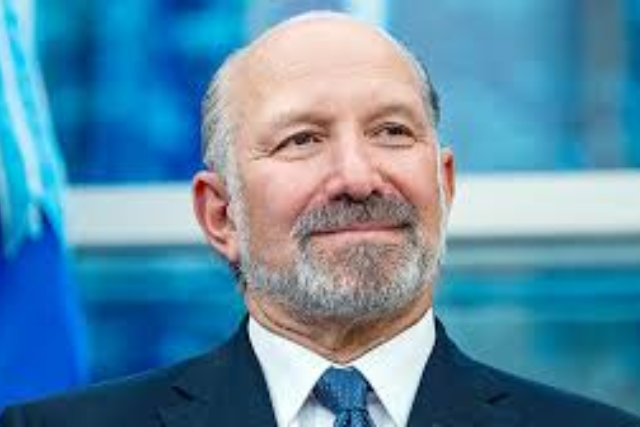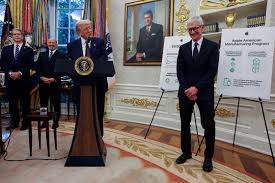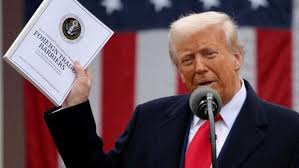
WASHINGTON — U.S. Commerce Secretary Howard Lutnick announced Thursday that semiconductor companies committing to build manufacturing facilities in the United States during President Donald Trump’s term will be exempt from the administration’s proposed 100% tariff on imported chips.

The exemption is designed to reward companies making firm, verifiable investments in domestic production and to accelerate America’s role in the global semiconductor supply chain.
"So [what] the president said is if you commit to build in America during his term, and if you file it with the Commerce Department and if your auditor oversees you building it all the way through, then he will allow you to import your chips, while you are building, without a tariff," Lutnick explained in a Fox Business interview. "But you have to be confirmed and overseen building in America."
The policy applies only if companies formally register their projects with the Commerce Department and undergo ongoing construction oversight. Lutnick emphasized that this process ensures foreign companies are actively building — not just pledging — U.S. manufacturing capacity.
Lutnick projected the move could reshape the semiconductor industry’s U.S. footprint.
"What that’s going to bring is $1 trillion of semiconductor build in America by Trump," he said, calling the scale “historical.”

President Trump announced the tariff plan on Tuesday, clarifying that companies with existing or pledged domestic manufacturing could be exempt, though he did not specify the details. Lutnick’s statement now makes clear the exemption hinges on confirmed construction activity and compliance monitoring.
The stakes are high. Semiconductors are Korea’s second-largest export to the United States, after automobiles, worth $10.6 billion in 2024, according to the Korea International Trade Association (KITA). A 100% tariff would severely impact Korean chipmakers.
However, Samsung Electronics and SK hynix are expected to qualify for the exemption:
Lutnick cited other massive investments already underway:
"TSMC announced a $200 billion [investment] in Arizona, and Micron announced [to invest] another $200 billion in Idaho and New York," he said. "These are huge, and it’s going to be cross-America."
The Commerce Secretary also estimated that reciprocal tariffs taking effect at midnight Thursday could generate over $50 billion per month in revenue for the U.S.
"And now you will get the semiconductors, you will get the pharmaceuticals, you’re going to get all sort of tariff money coming in," he noted.
Lutnick added that a likely extension of the U.S.-China mutual high-tariff freeze, set to expire August 11, may be in the works.
"The president said yesterday that everything is on the table, and we are going to leave that to the trade team and the president to make those decisions," Lutnick said. "But it feels like they are going to come to a decision and extend that for another 90 days."
The U.S. and China reached a tentative agreement during trade talks in Stockholm in late July. While Beijing has confirmed it, the White House is still awaiting Trump’s final approval.
The U.S. push for domestic chipmaking is not just about economics — it’s a national security strategy. By incentivizing companies to build on American soil, the administration aims to reduce dependence on overseas suppliers, safeguard against supply chain disruptions, and bolster the country’s technological competitiveness.
If Lutnick’s projections hold, the U.S. could be on the verge of an unprecedented semiconductor manufacturing boom — one that reshapes global supply chains and tilts high-tech manufacturing power closer to home.
Originally reported by Korea Joong Ang Daily.